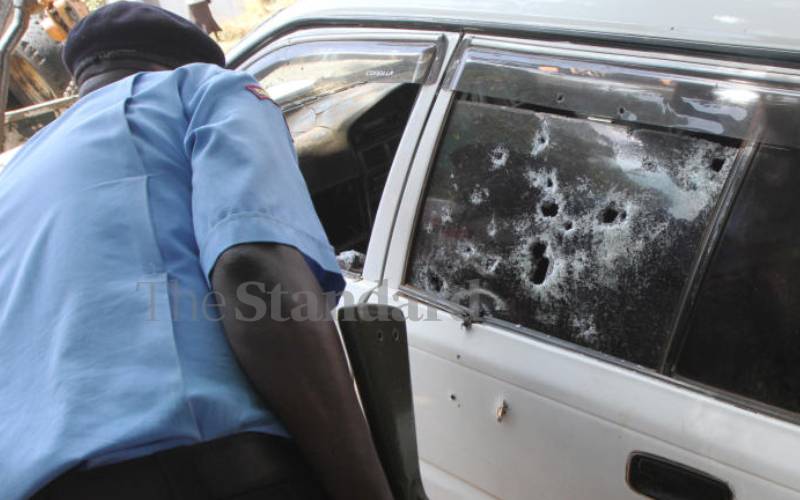×
The Standard e-Paper
Join Thousands Daily

Extrajudicial killings have caused untold suffering to families. [Elvis Ogina, Standard]
Two months ago, the Senate Standing Committee on Justice, Legal Affairs and Human Rights (JLAHRC) under the chairmanship of Nyamira Senator Erick Okong’o Mogeni tabled a report titled, 'Inquiry into Extrajudicial Killings and Enforced Disappearances in Kenya'.